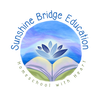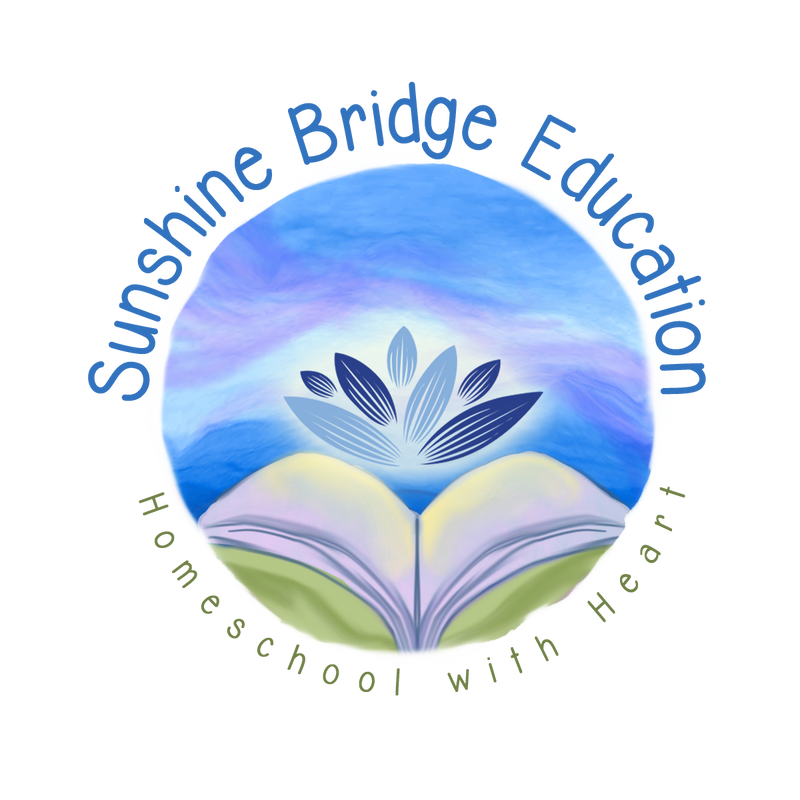|
"Montessori is a method of education that is based on self-directed activity, hands-on learning and collaborative play. Children make creative choices in their learning, while the adults offers age-appropriate activities to guide the process." - The Montessori Network
I love this explanation. Self-Directed Activity can work so beautifully in English and Mathematics (and other areas) if parents and tutors provide good quality (not necessarily expensive) age (or level) appropriate resources. Children and young adults feel empowered in their education when provided with choice. They will choose what they would like to learn. The adult must step back, only stepping in to ask, "What are you learning today?" Young people will ask for help when needed on the task ... they will quickly find where they sit in relation to the zone of proximal development. "Montessori is an approach to education based upon the principle that schooling should work with the nature of the child, instead of against it. Therefore, education should be based upon scientific study of the child and a resulting understanding of the processes of development and learning." - The Montessori Institute In order to nail this element, learning about lifespan development is imperative - getting to know where children and young adults are at, and meeting them there, will make life easier for everyone! For example, a guided meditation to do with the heart would be wonderful for a 7-year-old, but you're better off teaching a 14-year-old the biological mechanics of how the heart works. This website provides a good start: Stages of Growth Montessori Education can also be fed into the weekly timetable as part of the rhythm. A variety of parent/tutor driven activities alongside the student-driven approach can be magic. Do what works for you, but please, give it a try! Hayley
0 Comments
Leave a Reply. |
Photo from Tambako the Jaguar

 RSS Feed
RSS Feed
